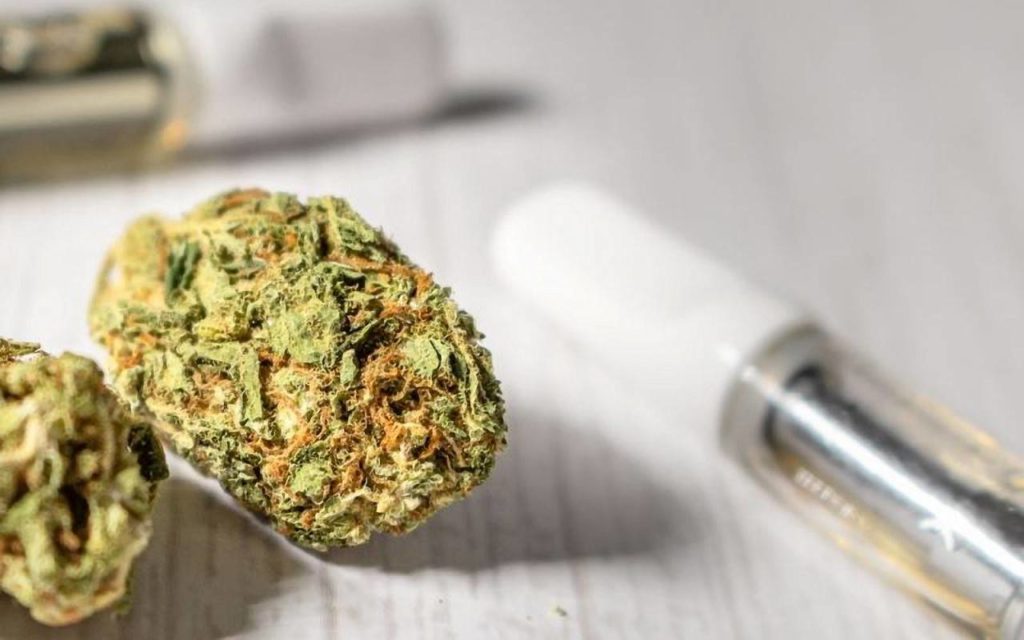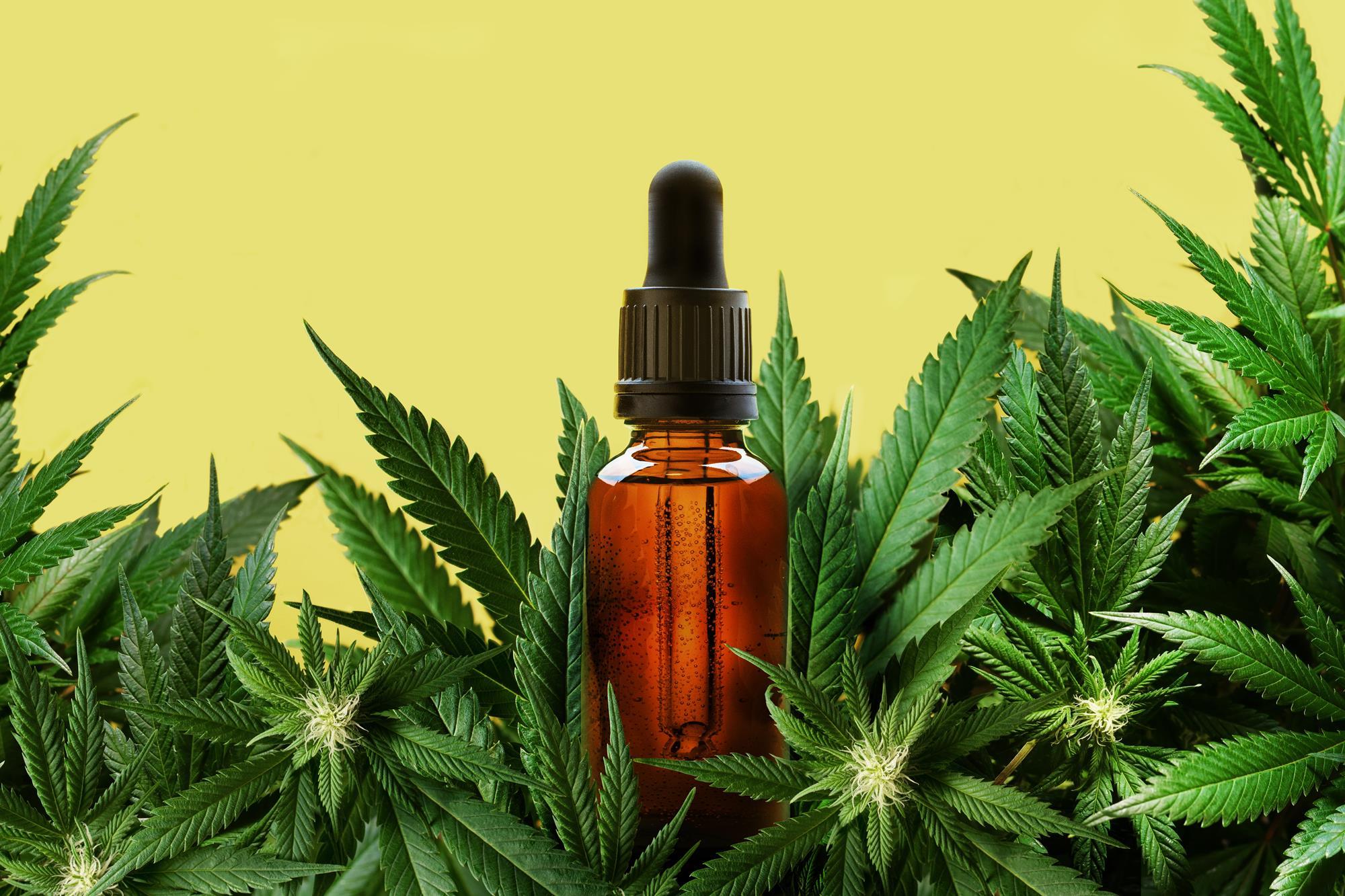If you’ve been to a dispensary or CBD shop lately, chances are you’ve noticed the growing popularity of CBD-infused gummy candy. These candies come in all shapes and sizes, from chocolate-covered mints to strawberry mints, and are usually made with either hemp oil or CBD isolate.
These gummy treats aren’t just for kids; they’re also very popular among older adults who say that they help them sleep better at night. But what exactly is it about these gummy treats that makes them so effective at helping people fall asleep easier?
For starters, CBD gummies are made with pure, plant-based ingredients that don’t contain any form of THC (the psychoactive chemical responsible for getting users high). This means that CBD gummies won’t make you feel “high,” but instead will offer a natural stress reliever, which can be helpful if you find yourself having trouble falling asleep.
Another reason why CBD gummies are such great sleep aids comes down to their ability to deliver cannabinoids directly into your bloodstream without first passing through your digestive tract. Unlike other forms of CBD products like tinctures, edibles, or vaporizers, CBD gummies bypass the liver, which can slow the absorption process of some active compounds.
In fact, according to one study by researchers from the University of Guelph, CBD gummies were found to be more efficient than oral CBD drops at delivering CBD to the brain. In addition, another study published by the same team found that CBD gummies delivered an equivalent dose of CBD to the brains of mice as compared to an equal amount of liquid CBD dropped under their tongues.

So, while oral CBD may not always produce the results you want, CBD gummies definitely have the potential to work wonders when it comes to easing anxiety, reducing pain, improving insomnia, and offering support to those dealing with chronic conditions like epilepsy and Alzheimer’s disease.
But how do CBD gummies compare to other sleep aid options out there, like melatonin supplements, aromatherapy oils, and herbal teas? Let’s take a look at each of them.
Melatonin
Melatonin is a hormone produced naturally by our bodies during sleep cycles. If you’re struggling to get a good night’s rest, you might want to consider taking melatonin supplements, which have become popular over the past few years due to their proven effectiveness as a sleep aid.
As we mentioned above, CBD gummies bypass the liver, meaning that the body doesn’t need to break down CBD before absorbing it. Melatonin supplements, on the other hand, can only absorb certain parts of the molecule, leaving most of it to pass through the digestive system before reaching the bloodstream.
Theoretically, this could result in less CBD being absorbed by the body and therefore less CBD working its way into your bloodstream. And since CBD isn’t known to cause drowsiness—it actually helps promote sleep—taking melatonin along with your CBD gummies should theoretically yield the same benefits.
Aromatherapy Oils and Herbal Teas
When it comes to sleeping well, aromatherapy oils and herbal teas are often considered an alternative to melatonin supplements. According to a survey conducted by the National Sleep Foundation, 40 percent of Americans use essential oils for relaxation purposes, including sleep.
There are many types of natural cbd gummies for sleep and people can make use of any of them for their better sleep and workings. So if you also want to get better sleep then you can try out any type of CBD for your better sleep and other types of major workings. If you are taking CBD then it will offer you other benefits also.
Both oils and herbal teas are thought to offer similar benefits to melatonin supplements when it comes to promoting sleep, such as relaxing muscles and lowering blood pressure. However, unlike melatonin supplements, these “sleepy remedies” are believed to be non-habit forming, meaning that they won’t keep you up at night trying to fall back to sleep.
There’s no doubt that essential oils and herbal teas can provide you with some much-needed relief from sleepless nights. The only problem is that many of these items contain caffeine, which can interfere with your sleep cycle if consumed too close to bedtime.
Melatonin Supplements
Many people turn to melatonin supplements because they believe that they offer the same benefits as the hormone produced naturally by our bodies. Like essential oils and herbal teas, melatonin supplements can potentially help reduce anxiety and lower blood pressure levels, making them a popular choice for people struggling to fall asleep.

However, melatonin supplements also carry a risk of causing side effects, like stomach upset and headaches. Other common side effects include dizziness, nausea, and diarrhea. Some individuals also experience sleepwalking and hallucinations after taking melatonin pills, especially if they’re used in combination with other medications.
While melatonin supplements certainly have their benefits, they can sometimes cause problems for those suffering from insomnia. That’s why it’s important to consult a doctor before starting on the supplement.
CBD Gummies
Now let’s talk about CBD gummies. They’re made of pure CBD isolates and are designed to deliver a consistent dosage every time, which means that you can count on them to give you the same CBD experience every single time.
And thanks to the fact that CBD gummies bypass the liver, they’re able to deliver CBD straight to the brain where it can interact with receptors to reduce pain, calm nerves, relieve stress, and even boost mood (depending on the strain you choose).
Because of this, CBD gummies are generally viewed as a safer option than other types of CBD products like tinctures, liquids, edibles, and vape pens.
But does this mean that CBD gummies are perfect for everyone? Not necessarily. As noted above, CBD gummies are not recommended for individuals who suffer from severe anxiety, depression, or panic attacks.
Also, if you already have a medical condition like epilepsy or cancer, you should discuss your treatment plan with your doctor before using any type of CBD product. Finally, CBD gummies should never replace traditional treatments like medication, counseling, or therapy.
